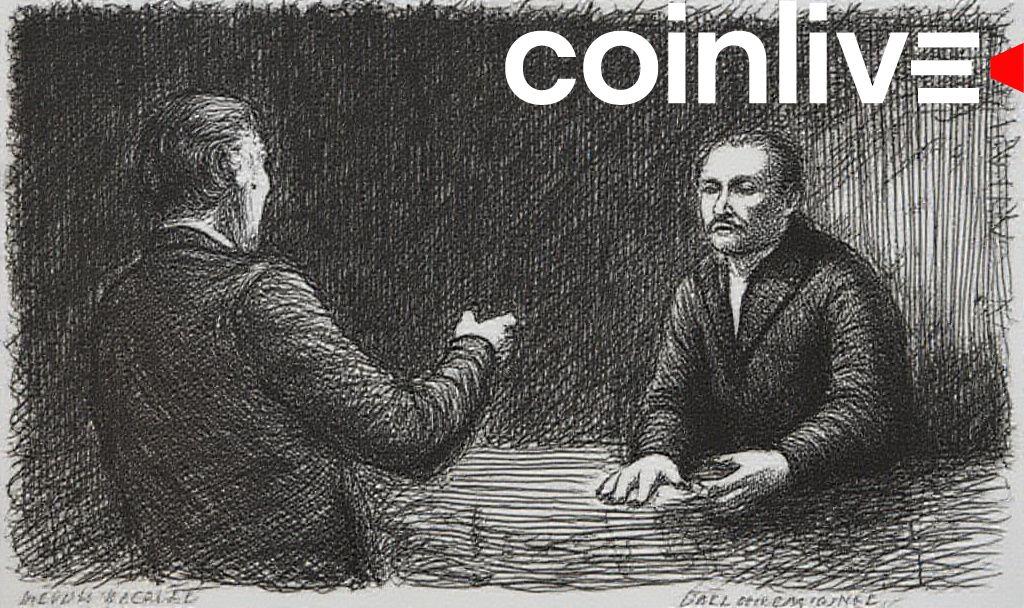- U.S. court finds Trump’s tariff orders exceeded authority.
- Tariffs rescinded, White House plans to appeal.
- Market uncertainty rises following court’s decision.

The court’s decision highlights an important challenge to executive power and raises uncertainty in global trade discussions.
Details of the Ruling
The U.S. Court of International Trade determined that Trump’s tariffs, placed on goods from countries like Canada and Mexico, exceeded legal limits. This ruling affects previously collected tariffs but does not impact Section 232 tariffs. The decision was unanimous.
Donald Trump, whose orders relied on the International Emergency Economic Powers Act, and the White House have reacted by filing a notice of appeal. Stephen Miller criticized the ruling as a “judicial coup.” No official statement was released.
Market and Economic Implications
Market effects are expected to emerge as import operations face confusion due to the court’s order. Businesses and markets are adjusting to potential impacts. Industry observers are closely monitoring the situation to understand economic implications.
This ruling notably eliminates some leverage used in prior U.S. trade negotiations. Scott Lincicome from the Cato Institute mentioned that it provides “significant new leverage” to foreign governments. Predictions suggest it might shift negotiation dynamics.
Future Regulatory and Market Considerations
Potential outcomes include regulatory shifts affecting tariff strategies. Though certain crypto markets seem unaffected, the ruling has further tightened constraints on executive trade actions. Strategic adjustments in economic policy may follow this precedent-setting legal challenge.








